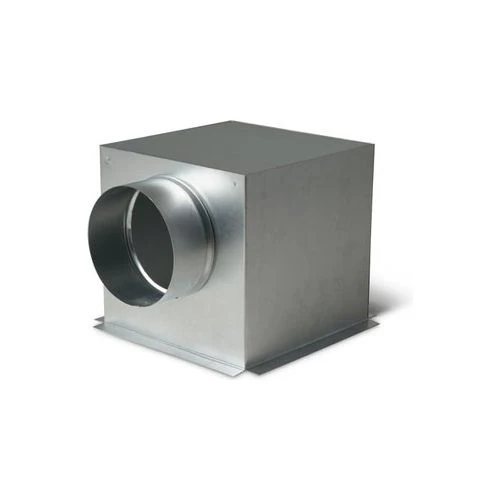Filter boxes are essential components in Heating, Ventilation, and Air Conditioning (HVAC) systems designed to house and protect air filters. These boxes are typically made from materials like galvanized steel, aluminum, or heavy-duty plastic and are integrated into the ductwork of HVAC systems. The primary function of filter boxes is to ensure that air passing through the HVAC system is adequately filtered before it is distributed throughout the building.
Function and Importance:
- Air Filtration: The most critical role of filter boxes is to house air filters that trap dust, pollen, mold spores, bacteria, and other airborne particles. By ensuring that these contaminants are removed from the air, filter boxes help maintain a healthier indoor environment and improve indoor air quality.
- System Protection: By filtering out debris and particulates from the air, filter boxes protect the internal components of the HVAC system, such as coils, fans, and ducts, from contamination and potential damage. This protection helps extend the lifespan of the HVAC system and reduces the need for frequent maintenance and repairs.
- Improved Efficiency: Clean air filters housed within filter boxes ensure that the HVAC system operates efficiently. When filters are clean, air can flow more freely through the system, reducing the strain on the HVAC unit and leading to lower energy consumption. Efficient air filtration also helps maintain consistent airflow and temperature distribution throughout the building.
- Enhanced Indoor Air Quality: Filter boxes play a crucial role in improving indoor air quality by removing airborne pollutants that can cause respiratory issues, allergies, and other health problems. High-quality filters can capture even microscopic particles, ensuring that the air distributed throughout the building is clean and safe to breathe.
- Regulation of Airflow: Filter boxes can also help regulate airflow within the HVAC system. By ensuring that air filters are correctly installed and securely held in place, filter boxes prevent air bypass, which can reduce the effectiveness of the filtration process and disrupt the balance of air distribution in the building.
Types of Filter Boxes:
- Standard Filter Boxes: These are the most common type of filter boxes and are designed to hold standard air filters. They are typically installed in residential and commercial HVAC systems and can accommodate various filter sizes and types, including disposable and washable filters.
- High-Efficiency Filter Boxes: These filter boxes are designed to hold high-efficiency particulate air (HEPA) filters or other high-efficiency filters. HEPA filters can capture up to 99.97% of airborne particles as small as 0.3 microns, making them ideal for environments that require superior air quality, such as hospitals, laboratories, and clean rooms.
- Custom Filter Boxes: In some cases, custom filter boxes may be required to meet specific HVAC system requirements or to fit unique ductwork configurations. These boxes can be designed to hold multiple filters, incorporate pre-filters and secondary filters, or include specialized filtration media to address specific air quality concerns.
Installation and Maintenance:
Proper installation of filter boxes is essential for their effective performance. They must be correctly sized and securely installed to ensure that air flows through the filters without bypassing them. Additionally, regular maintenance is crucial to keep the filter boxes and the filters themselves in good condition. This includes checking for any leaks or damage, replacing filters according to the manufacturer’s recommendations, and cleaning the filter boxes to prevent the buildup of dust and debris.
Conclusion:
In summary, filter boxes are vital components of HVAC systems that enhance system performance and improve indoor air quality. By housing and protecting air filters, they ensure that airborne contaminants are effectively removed, protecting both the HVAC system and the health of building occupants. Proper installation and regular maintenance of filter boxes are essential to ensure their optimal performance, contributing to a cleaner, healthier, and more efficient indoor environment.

